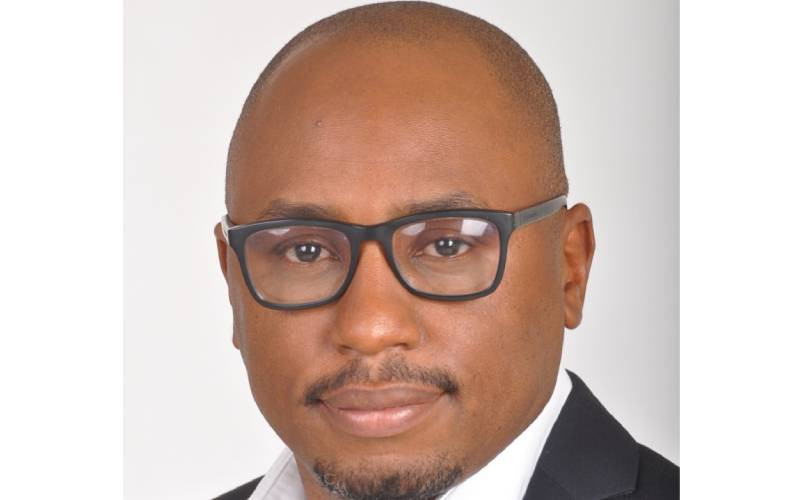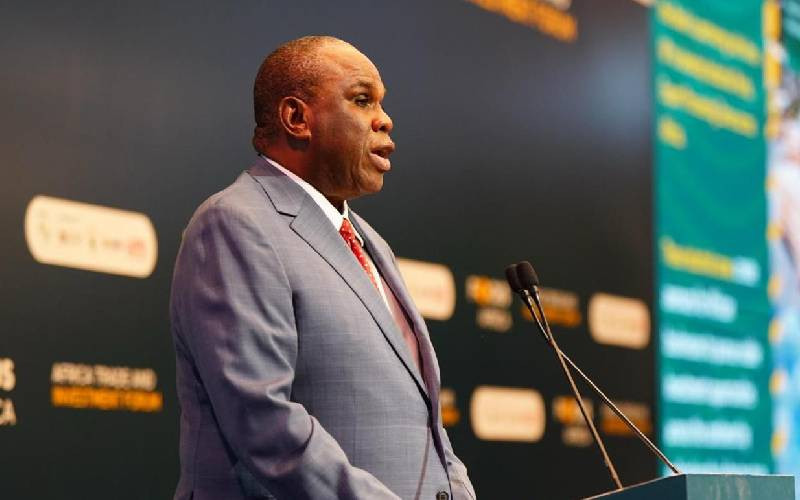
The second Africa Climate Summit coming up in Addis Ababa, Ethiopia offers a unique blend of promise and pragmatism.
Building on the momentum of the inaugural summit held in Nairobi in 2023, this year's gathering must shift its focus from grand declarations to a single, vital concept: accountability.
The world watched as Nairobi hosted the historic first summit, when African leaders collectively articulated a unified vision for a sustainable future. However, two years later, it’s time for a critical assessment to ensure that the pledges made then are more than just rhetorical.
A flurry of financial commitments ignited a wave of hope at the 2023 summit. Pledges were announced for investments in renewable energy, green manufacturing, and climate-resilient agriculture were announced, amounting to billions of dollars. The United Arab Emirates committed $450 million to support green energy projects.
These commitments were hailed as game-changers and a significant step towards realizing unlocking Africa's potential as a leader in the green transition. The Nairobi Declaration called for a new financial architecture and a united African front.
Yet, as the continent gathers once more, we must ask ourselves: How much of the promised capital has actually been allocated and, more importantly, how much has reached the communities that need it most?
This is where accountability becomes non-negotiable. The true measure of a climate summit's success isn't the size of its pledges, but rather the tangible impact on the ground.
One example is the Financing Locally Led Climate Action (FLLoCA) programme in Kenya. FLLoCA was designed as an innovative mechanism to decentralise climate finance, giving local governments and communities the power to manage and implement their own climate resilience projects. The idea was brilliant: bypass bureaucratic hurdles and directly empower those on the frontlines of climate change directly.
However, reports from Kenya suggest that, although the framework is promising, a lack of robust accountability measures and transparent tracking has sometimes hindered its effectiveness. Delays in fund disbursement and a limited community oversight of spending can undermine even the best-intentioned programmes. Accountability isn’tjust about a fund manager being responsible to a national government; it is also about being responsible to the grandmother in a drought-stricken village who was promised a borehole or a new crop variety.
The reality remains stark: African countries face a disproportionate burden from climate change. As the planet warms, extreme weather events—from devastating droughts to unprecedented floods—are becoming more frequent and intense. These events disrupt lives and set back development gains by decades.
Climate finance is not a luxury, but a matter of survival and justice. Although Africa has historically contributed the least to global emissions, it bears the heaviest risks and costs. The second Africa Climate Summit is a crucial opportunity to reiterate this point—not just as a grievance, but as a collective demand for a new, equitable financial agreement.
Looking ahead, this summit is a pivotal step on the road to COP30 in Belém, Brazil. Here, African leaders must unite around a powerful, unified agenda. This summit is not just a preparatory meeting; it is an opportunity to establish a unified voice, backed by an honest assessment of past commitments. This agenda must reflect a shared commitment to a green, resilient future, and an unwavering demand for transparency and accountability from all partners. The continent's leaders must show demonstrate their commitment to implementing these deals and their ability to holdthe global community accountable for its pledges.
Ultimately, the future of climate action in Africa will be built from the ground up. Strong, community-rooted movements are crucial to ensuring that climate financing translates into tangible benefits for local populations, beyond high-level negotiations. These movements are the true watchdogs of accountability, ensuring that the promises made in global boardrooms are not just empty words, but seeds of change.
While initiatives like the Mulika tracking tool and the community scorecards developed by partners under the Voices for Just Action - a 55 million Euro programme funded by the Dutch Ministry of Foreign Affairs - are a vital step, they must be scaled up beyond their current focus on Homa Bay, Kisumu, and Marsabit counties.
Stay informed. Subscribe to our newsletter
Therefore, the second Africa Climate Summit must be a launchpad for a new era of climate action defined by meticulous and unwavering accountability.
Kennedy Mugochi is the Regional Director at Hivos East Africa
